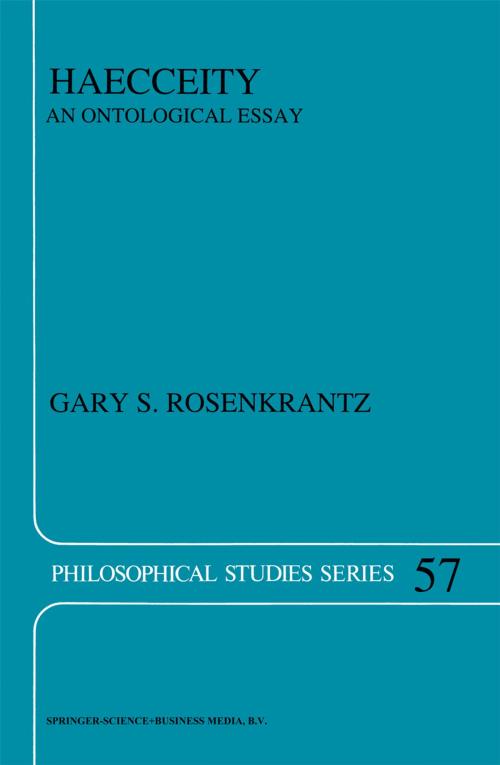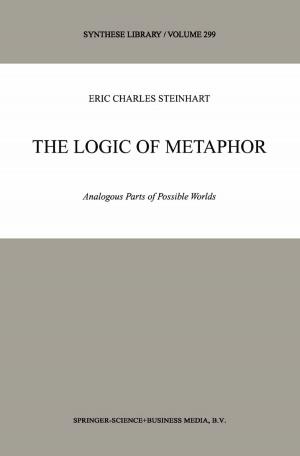Haecceity
An Ontological Essay
Nonfiction, Religion & Spirituality, Philosophy, Epistemology, Metaphysics| Author: | G.S. Rosenkrantz | ISBN: | 9789401581752 |
| Publisher: | Springer Netherlands | Publication: | March 9, 2013 |
| Imprint: | Springer | Language: | English |
| Author: | G.S. Rosenkrantz |
| ISBN: | 9789401581752 |
| Publisher: | Springer Netherlands |
| Publication: | March 9, 2013 |
| Imprint: | Springer |
| Language: | English |
Many contemporary philosophers are interested in the scotistic notion of haecceity or `thisness' because it is relevant to important problems concerning identity and individuation, reference, modality, and propositional attitudes. Haecceity is the only book-length work devoted to this topic. The author develops a novel defense of Platonism, arguing, first, that abstracta - nonqualitative haecceities - are needed to explain concreta's being diverse at a time; and second, that unexemplified haecceities are then required to accommodate the full range of cases in which there are possible worlds containing individuals not present in the actual world. In the cognitive area, an original epistemic argument is presented which implies that certain haecceities can be grasped by a person: his own, those of certain of his mental states, and those of various abstracta, but not those of external things. It is argued that in consequence there is a clear sense in which one is directly acquainted with the former entities, but not with external things.
Many contemporary philosophers are interested in the scotistic notion of haecceity or `thisness' because it is relevant to important problems concerning identity and individuation, reference, modality, and propositional attitudes. Haecceity is the only book-length work devoted to this topic. The author develops a novel defense of Platonism, arguing, first, that abstracta - nonqualitative haecceities - are needed to explain concreta's being diverse at a time; and second, that unexemplified haecceities are then required to accommodate the full range of cases in which there are possible worlds containing individuals not present in the actual world. In the cognitive area, an original epistemic argument is presented which implies that certain haecceities can be grasped by a person: his own, those of certain of his mental states, and those of various abstracta, but not those of external things. It is argued that in consequence there is a clear sense in which one is directly acquainted with the former entities, but not with external things.















